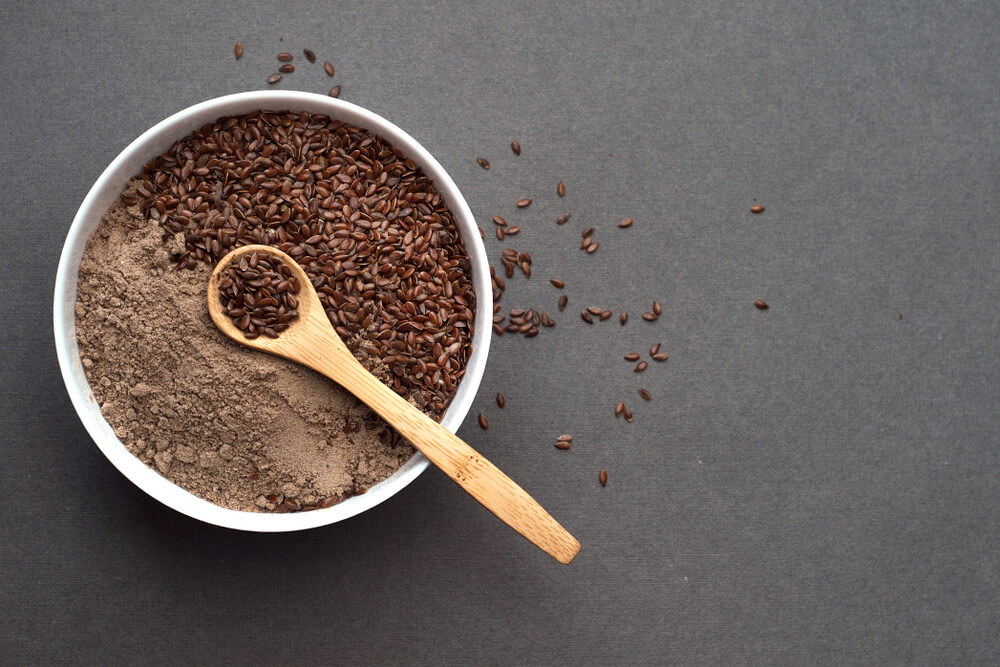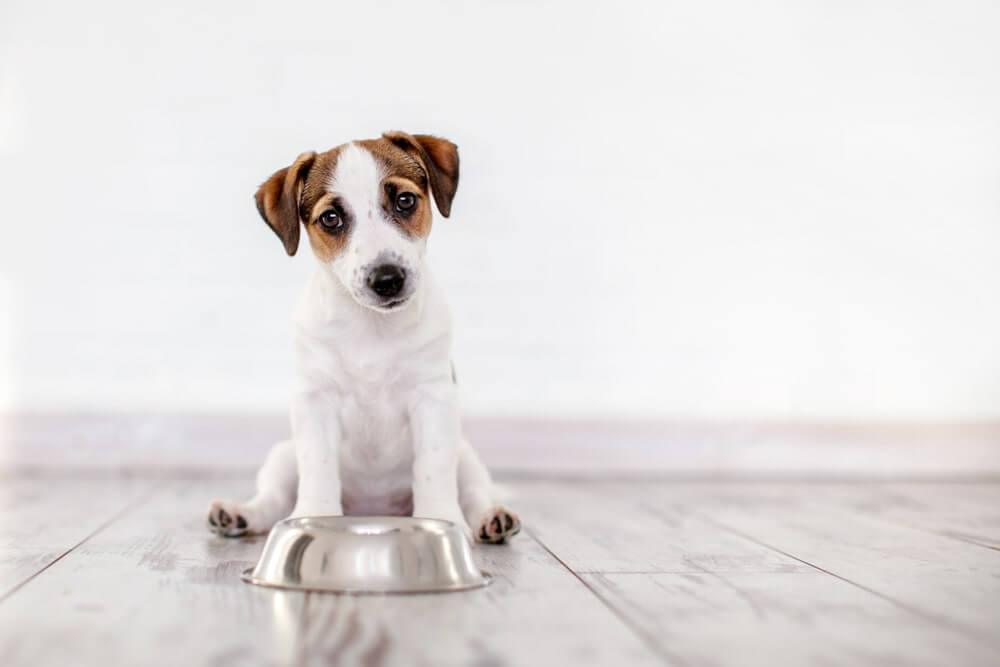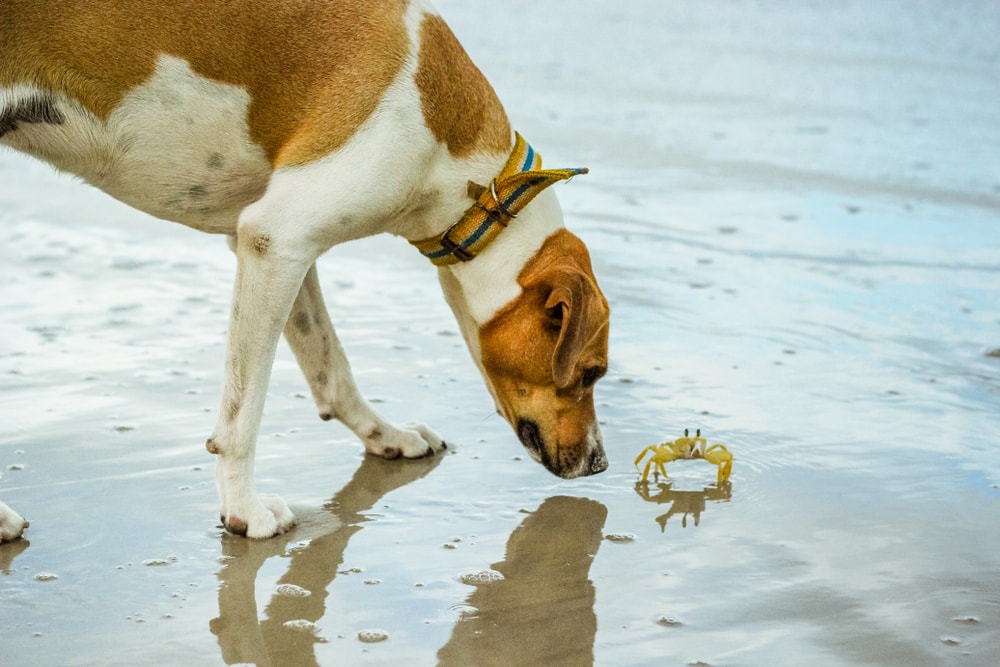Hey Ollie blog readers! We’re offering you an exclusive 60% OFF your starter box! Try now!
The amount of food you should feed your dog can be super confusing. And then when you factor in the fact that different types of food suggest different serving sizes? Forget about it. (Especially when they seem smaller than normal—he’s going to starve!) The answer to your portion questions often has to do with how many calories are in each meal, and not the amount. Joel Ehrenzweig, a Virginia-based veterinarian and consultant helped us clear up the discrepancies.
Does the amount of food matter?
The volume—or amount—of food doesn’t matter if the food has the right proportions of nutrients and a high-quality protein. Many commercial dog foods are filled with processed ingredients and fillers, so humans feel like they’re giving their dog enough food, Ehrenzweig says. But despite the amount, it may be nutritionally subpar. If you are really concerned that the amount of food you’re feeding is too little, you can add some water or bone broth to make it soupy, Ehrenzweig says. “It will take the dog more time to eat it,” he explains.
What ingredients are calorically dense?
Fat has the highest calorie content of any of the common dog food ingredients, Ehrenzweig says. Fat can come from a number of natural sources, including fish oil, canola oil, and sunflower oil. Lower quality fats will come from unnamed sources: simply animal fat, vegetable oil and mineral oil. When it comes to protein, lamb is a high-quality source that contains many vitamins and minerals such as iron, but it also has a high fat content that makes it calorically dense.
How do you know if your dog is getting enough food and nutrition?
Ideally, you should be able to run your thumb along the dog’s backbone, spreading your hands along his ribs, Ehrenzweig says. If you can feel them, he’s at his ideal weight. If you can’t, you’re feeding too much. If you can see his ribs, you’re feeding him too little. Aside from ensuring a healthy weight, physical signs like whether their coat is shiny and they have enough energy can indicate if your pup is getting the proper nutrition. And remember, the amount of food you give your dog should be adjusted based on their age, activity level and body composition.
The Ollie blog is devoted to helping pet parents lead healthier lives with their pups. If you want to learn more about our fresh, human-grade food, check out MyOllie.com.
Tagged As:

The nutrition your dog needs,
the food they want.

Enjoying our articles? Subscribe our Newsletters and get new articles directly to your inbox
You might also like
18 September 2025
6 MINS READ
Can Dogs Eat Flaxseed? Is Flaxseed Safe For Dogs?
Wondering if flaxseed is safe for your dog? This guide breaks down the benefits, risks, and best ways to add flaxseed, or flaxseed oil, to your pup’s diet.
18 September 2025
6 MINS READ
Why is My Dog Not Eating But Acting Normal? Causes & What To Do
Worried your dog isn’t eating but still acting normal? Here’s what could be going on and what to do to help your pup get their appetite back.
18 September 2025
5 MINS READ
Can Dogs Eat Crab? Is Crab Meat Safe For Dogs?
Thinking about giving your dog crab meat? Find out if it’s safe, what risks to watch for, and when crab might do more harm than good.







